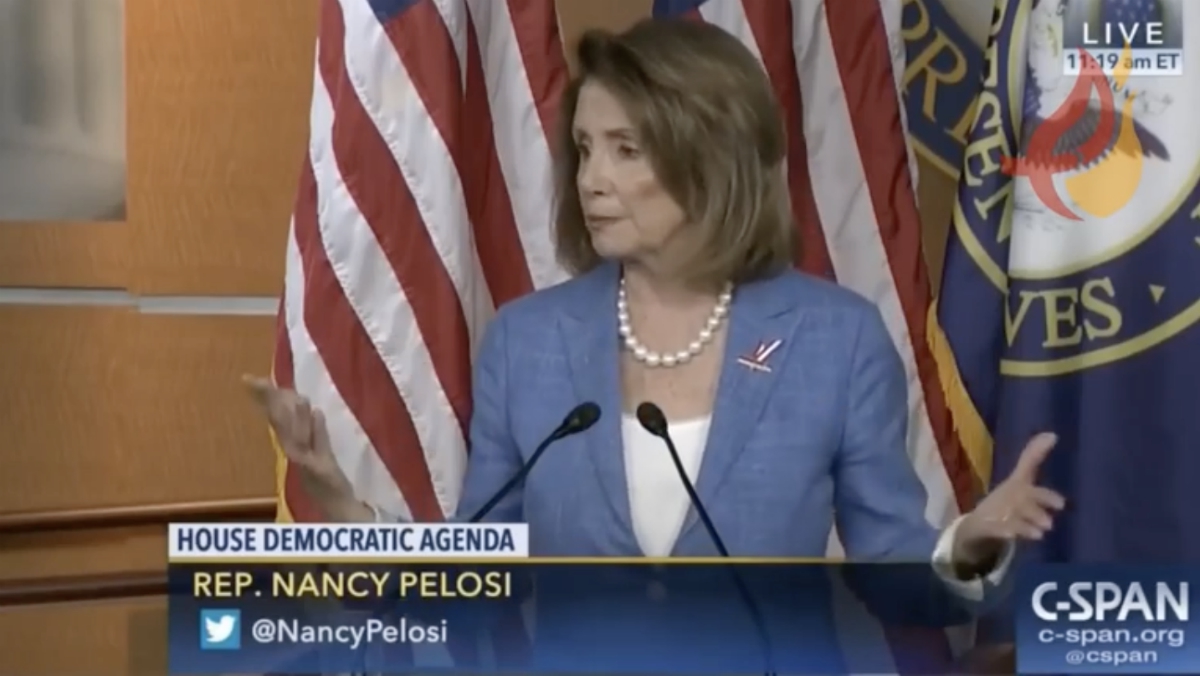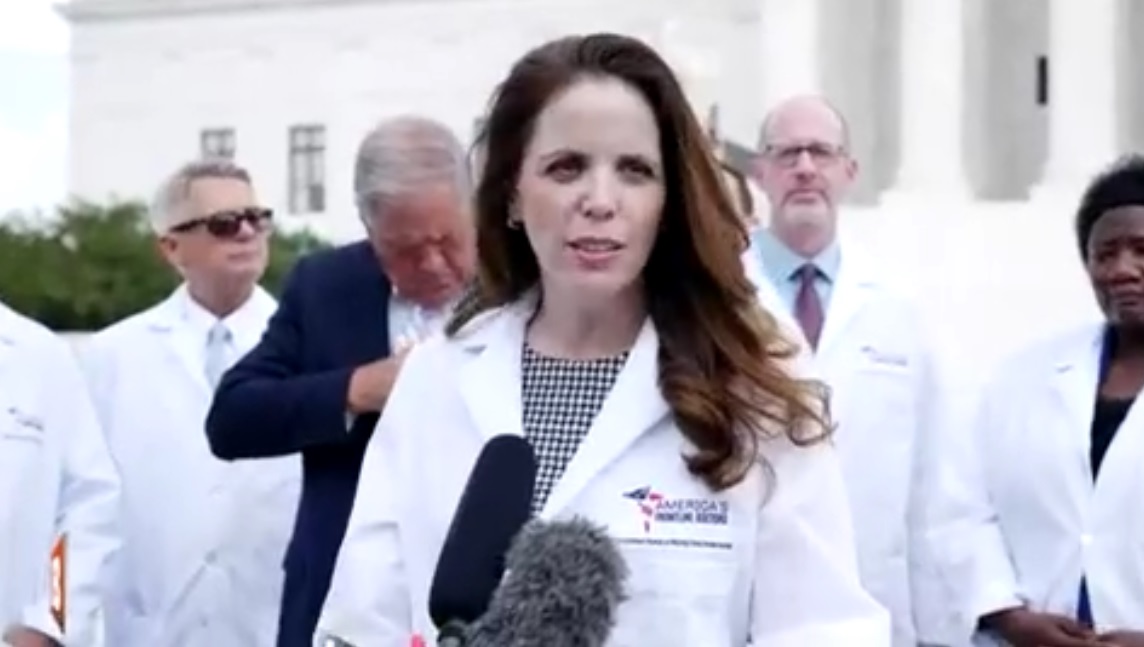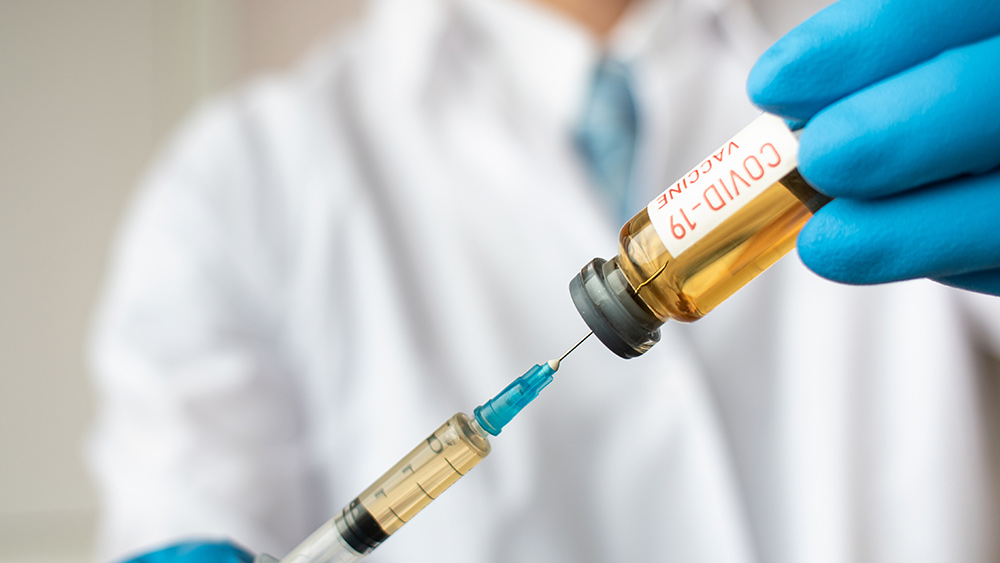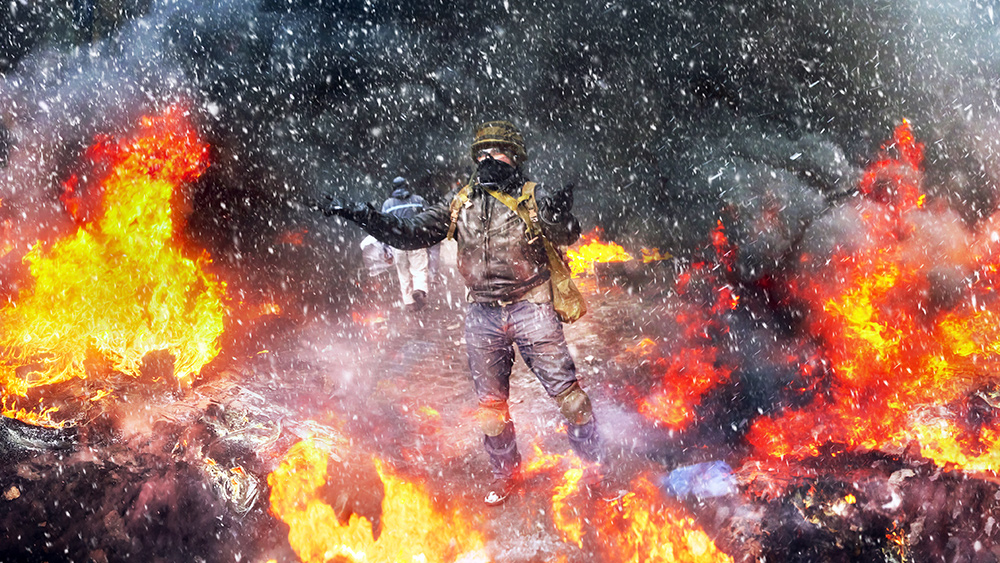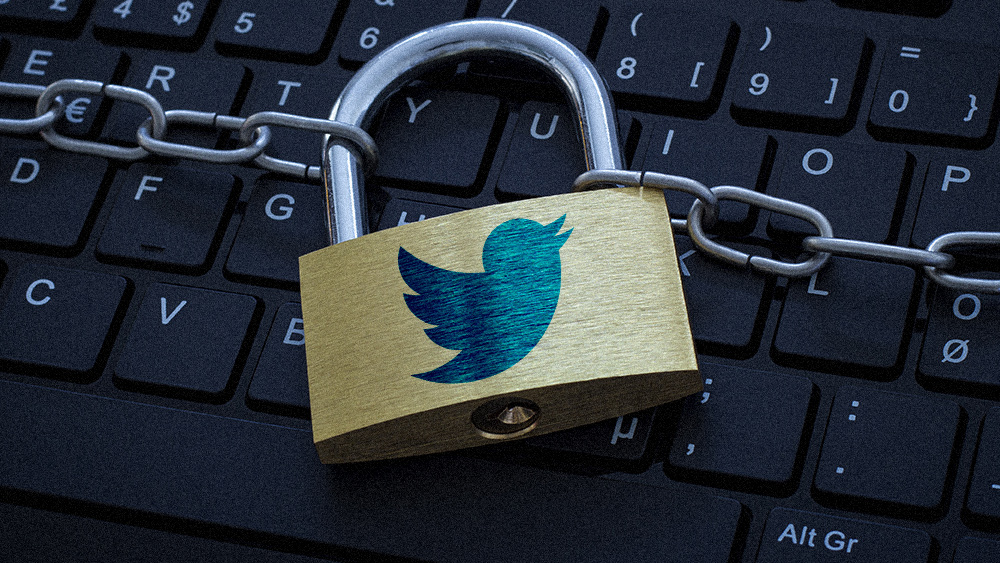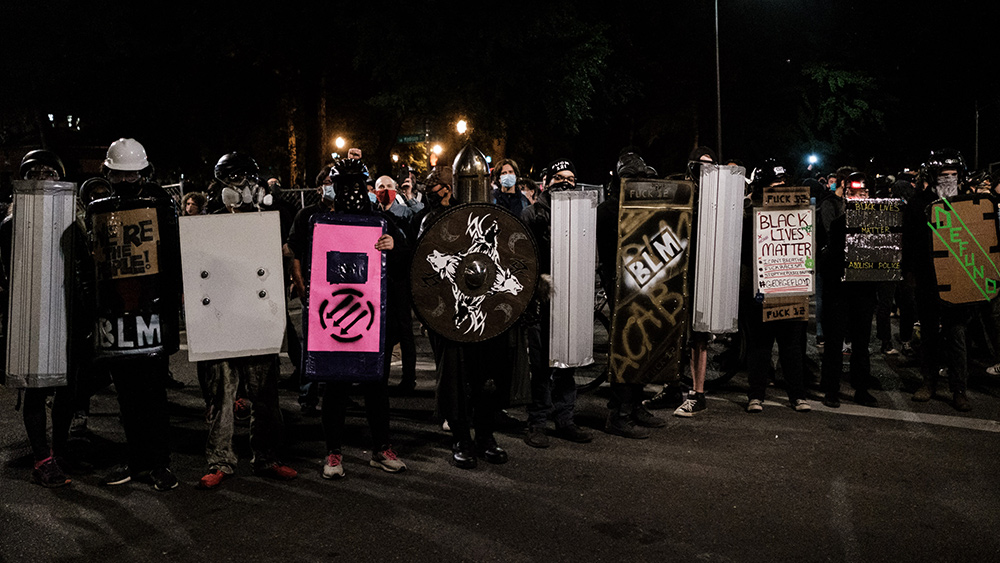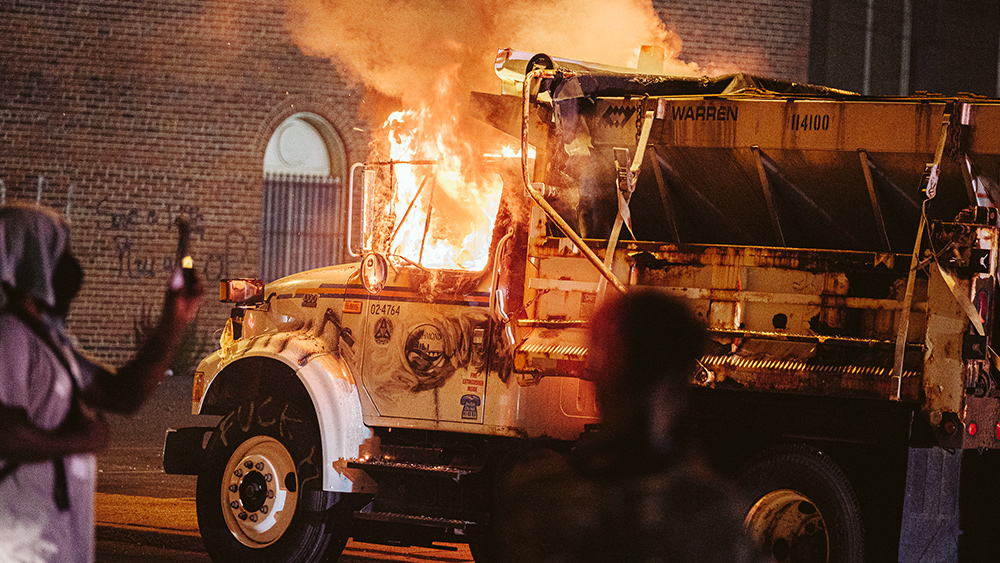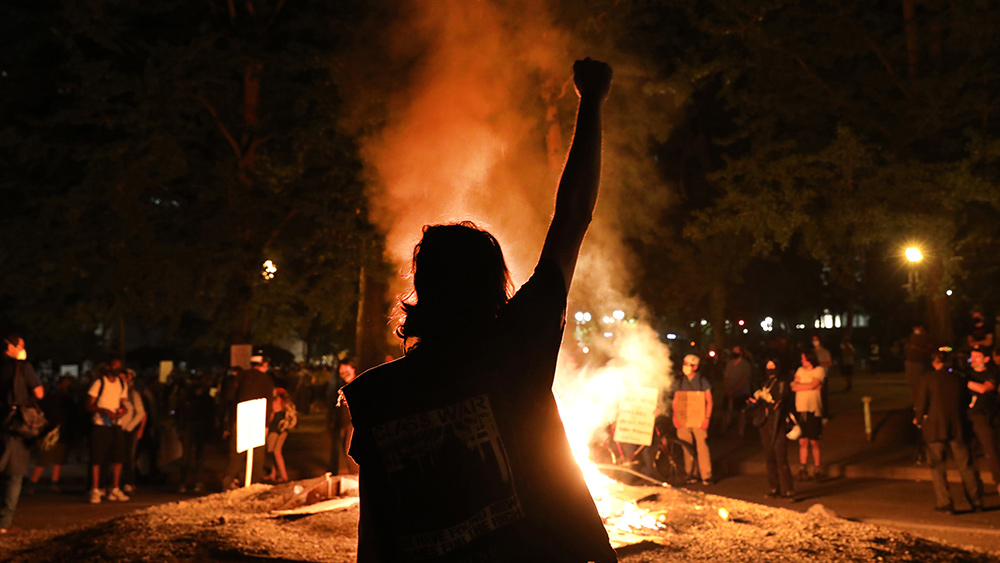Coronavirus cases soar in Florida; Miami sounds the alarms as health systems inch closer to breaking point
08/02/2020 / By Arsenio Toledo

In mid-July, Republican Mayor of the City of Miami, Francis Suarez, warned that many of the city’s hospitals were at around 95 percent capacity due to the massive new influx of coronavirus (COVID-19) cases. Now, a July 27 report prepared by the United States Department of Health and Human Services (HHS) said that the hospitals in Miami-Dade County are so overwhelmed that their intensive care units are at 146 percent capacity. Fortunately, there may be room for cautious optimism, as this number is slowly dipping.
In a briefing made to the press on July 15, Suarez stated that if the COVID-19 growth rate in Miami-Dade County stays the same, hospitals in the area will only have some capacity for another four weeks.
Because of Miami-Dade’s shortage in ICU beds, many hospitals in Miami have resorted to converting beds that should have been for non-coronavirus patients. Mayor Suarez has even started working with the city and the state to convert 450 hotel rooms to help isolate COVID-19 patients whose cases are not too terrible. However, even with these interventions, he fears that the coronavirus might still spread because many people who live in one- and two-bedroom apartments will have nowhere to go.
Suarez also said in his briefing that the highest rate of infection is coming from people aged 18 to 34. He used his time in the briefing to warn young people that they could be unknowingly spreading the coronavirus to some of Miami’s most vulnerable populations.
“They are going back to the home and infecting everybody in the household,” said Suarez, who cited a survey showing that 33.7 percent of respondents said that they contracted COVID-19 from being in contact with a family member.
Other local officials from southern Florida and state Gov. Ron DeSantis have agreed that gatherings of younger Floridians are a key factor in the rising number of cases that have emerged in the state since June. Carlos Gimenez, mayor of Miami-Dade County, believes that many of these mass gatherings are being done by young people who are either celebrating the end of their school year or, in some cases, joining the Antifa and Black Lives Matter riots. (Related: Despite the SURGE in coronavirus cases in the United States, Black Lives Matter is still organizing rallies, marches and RIOTS.)
“Since the young kids started infecting each other, now we see the results as more older folks are now going into the hospital,” said Gimenez. “Exactly what we feared – that they were going to take it to their parents, that they were going to take it to their grandparents.”
Listen to this episode of the Health Ranger Report, a podcast by Mike Adams, the Health Ranger, as he talks about how the vaccine for the Wuhan coronavirus is probably not going to work, as studies continue to show how the antibodies people build up in response to COVID-19 become ineffective after about three months.
Health workers are cautiously optimistic
As of press time, Florida has 470,386 total cases of COVID-19, including 6,843 deaths – 257 of which were reported on Friday. Miami-Dade County alone accounts for around 25 percent of cases in the state, with 118,462 coronavirus cases, including 1,611 deaths. At one point in July, the state kept seeing over 10,000 new coronavirus cases every day.
While these numbers are alarming, Florida might have just gotten through the worst of the second wave. Even though health experts in the region know that the number of deaths will continue to increase, the number of people the state currently has hospitalized for COVID-19 is slowly starting to trickle down.
Last week, the number of people hospitalized for COVID-19 in the state was around 9,000. By Friday, that number had gone down to 8,200. Michael Lauzardo, an expert on pulmonary disease with the University of Florida Health Shands Hospital (UF Health Shands) in Gainesville, northern Florida, believes that many more Floridians are starting to heed the advice of their local and state leaders, who have been strongly recommending that they avoid going out unnecessarily, practice social distancing and wear face coverings whenever that is not possible.
“The overall tone to me is that this is good news,” said Lauzardo. “People are changing their behavior. They’re listening, [but] there’s still a long way to go.”
Other health professionals in the state have expressed the same sentiments. Peter Paige, chief medical officer for the Jackson Health System, which operates several medical institutions across Miami-Dade, is hoping that, in August, the state’s number of active COVID-19 cases will continue dropping, which will hopefully give the state’s health institutions at least a few weeks – if not longer – of respite. Doctors, nurses and other healthcare workers, Paige says, have been working almost nonstop for the past five months.
“I’m cautiously optimistic,” said Paige. “It’s a term that’s kind of en vogue now. But I don’t want to count our chickens yet, just because it’s been so unpredictable over the last five months.”
Sergio Segarra, chief medical officer of Baptist Health South Florida, which operates 11 hospitals across three counties in southern Florida, including Miami-Dade, said that their hospitals have also been seeing a slight dip in COVID-19 patients over the past week.
“Things are getting better in terms of that the number of admissions are slowing down, the number of COVID-related visits to the emergency department are slowing down, that we’re able to discharge on a daily basis more people than we admit,” said Segarra.
Learn more about how different cities, counties and states across the United States are dealing with the second wave of the coronavirus by reading the articles at Pandemic.news.
Sources include:
Tagged Under: China, coronavirus, coronavirus prevention, covid-19, Florida, flu, Francis Suarez, government, healthcare, hospital systems, hospitals, ICU, infections, Miami, Miami-Dade County, outbreak, pandemic, second wave, superbugs, virus
RECENT NEWS & ARTICLES
COPYRIGHT © 2017 NATIONAL SECURITY NEWS



